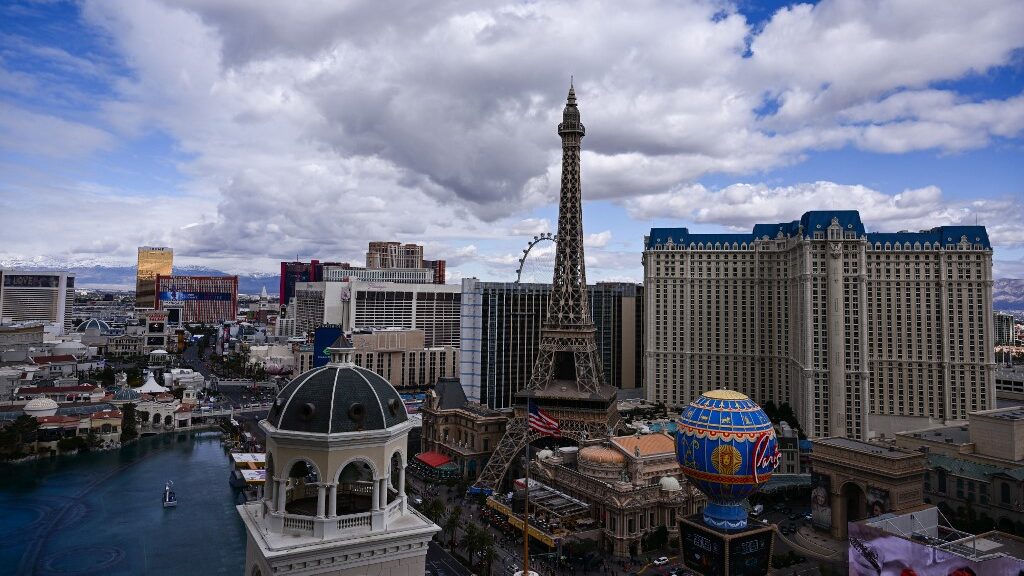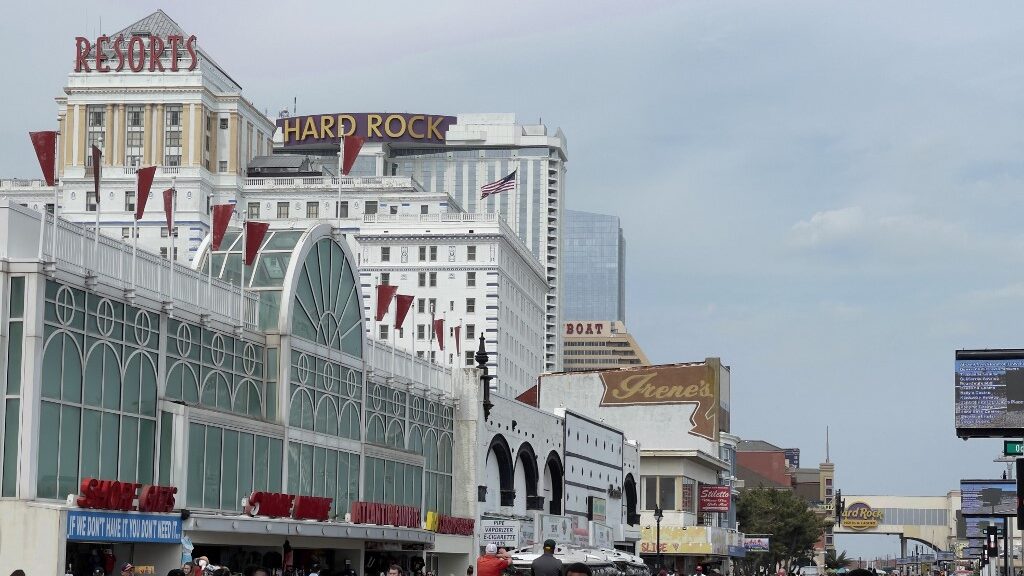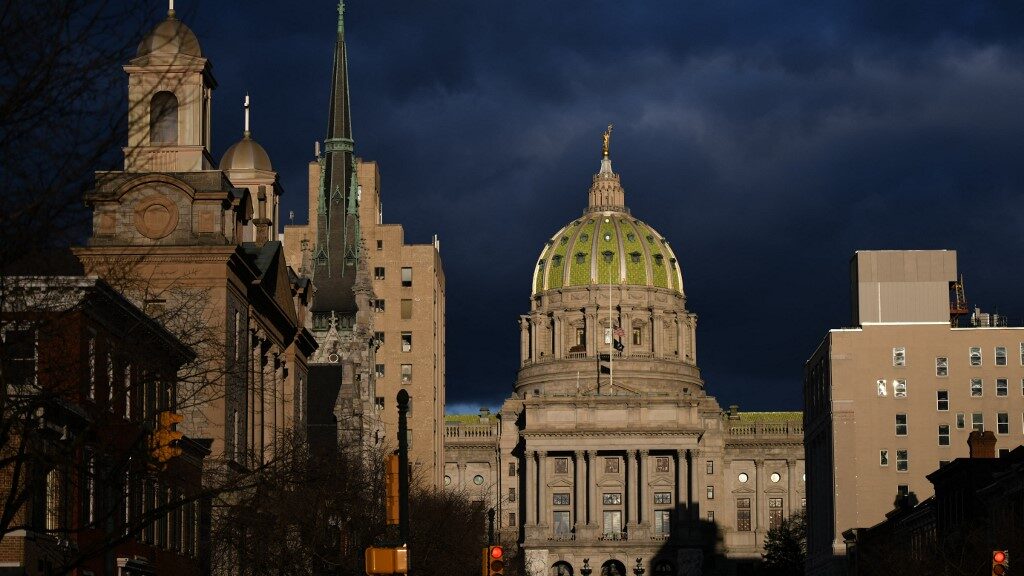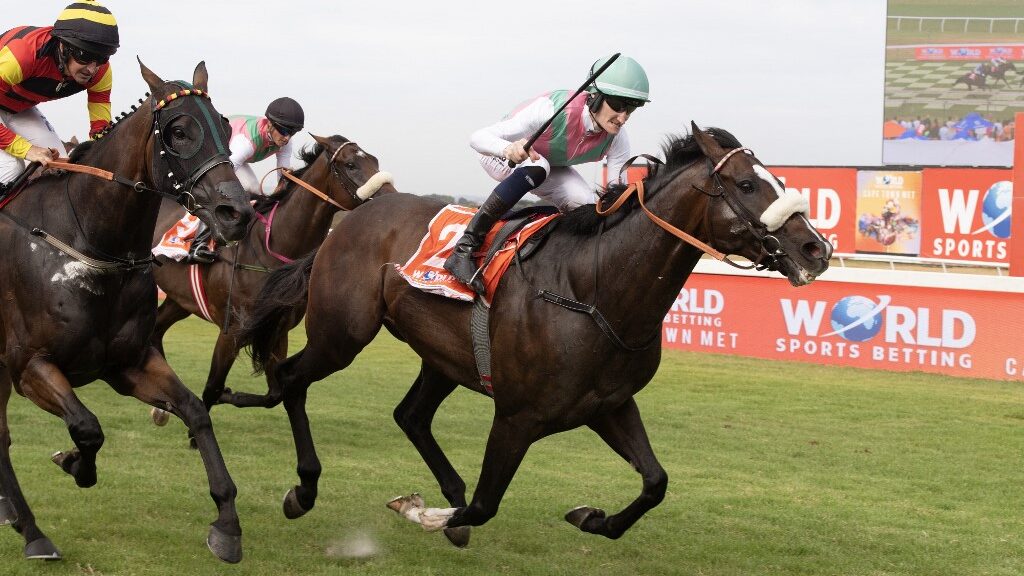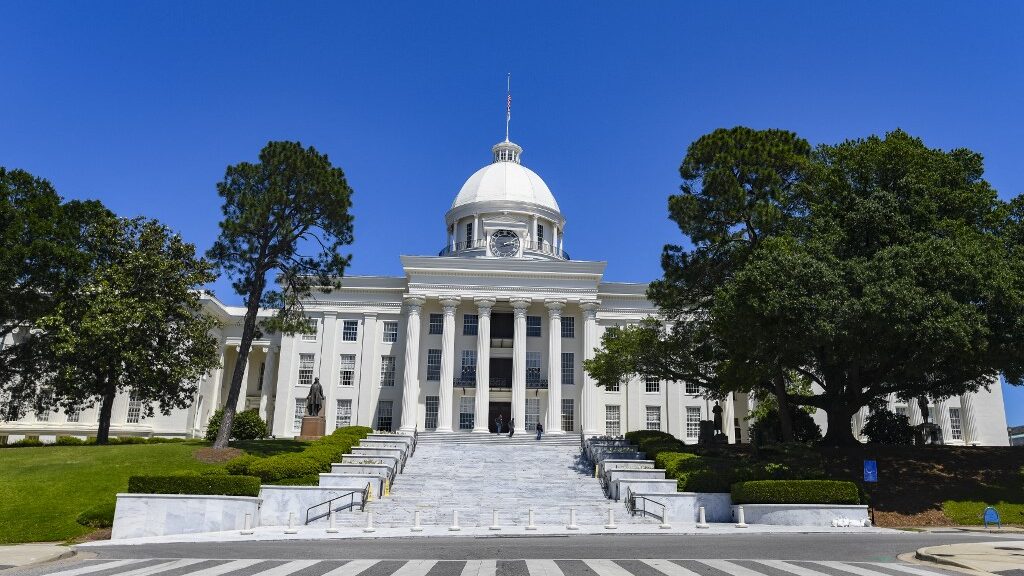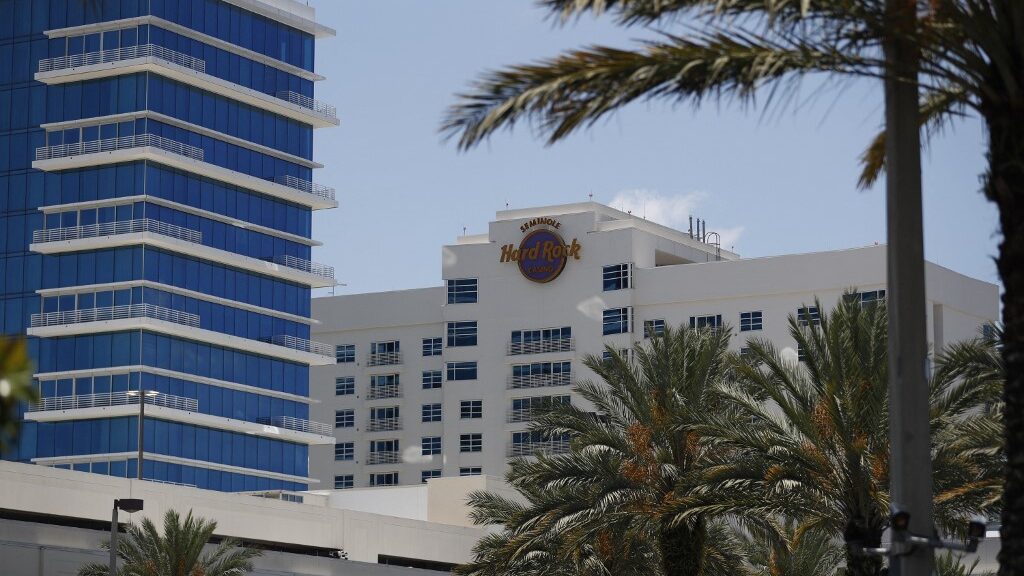
The legal jousting for online sports betting in Florida could soon come to an end after the Department of the Interior filed a response, last Wednesday, to an emergency petition filed by West Flagler Associates, with the U.S. Supreme Court. In it, the parimutuel company asks the Supreme Court to stay a decision of the DC Circuit Court of Appeals.
Justice John Roberts allowed this and stayed the mandate from the Appeals Court. But that could end soon enough once the SCOTUS hears from the Seminole Tribe and has a counterbalance to West Flagler’s assertions.
Where Does Florida Sports Betting Stand?
If the state of Florida, the Department of the Interior (DOI) and the Seminole Indian Tribe are successful in their legal claims, the latter would be the providers of mobile sports betting in Florida after signing a compact with the state. However, West Flagler Associates wants the Supreme Court to dismiss said compact.
The Seminoles would be the only party in control of sports betting under this agreement, which is reportedly as much as $2.5 billion over the first five years of a 30-year deal.
The most recent decision by the DC Circuit Court of Appeals overturned a lower court’s ruling against the Seminoles, noting their servers were on tribal land but the bets being placed were outside of tribal land making those wagers illegal.
West Flagler’s Challenge to the Ruling
However, West Flagler Associates didn’t take kindly to that decision and went as high as they could go in the nation’s legal justice system – the U.S. Supreme Court. Attorneys for West Flagler asked the court to consider a stay while they worked on filing a petition for a writ of certiorari that would allow them 90 days to put their case together to plead with the SCOTUS to hear their case.
What’s Next?
According to Daniel Wallach, a legal expert, there are three possibilities after the DOI responded to the stay that was granted:
- Extend the temporary stay until West Flagler files its petition (90 days from Sept. 11) and through a determination on the petition.
- Read the briefs and then kill the temporary stay (as of now through the petition window).
- Tell the Seminole, who are not party to the case, that they want to hear from them (which could happen within the next week, if necessary).
One of those three steps is likely to happen after the DOI filed its response to the stay, which argued the following points.
1. This court would not likely grant certiorari, or reverse the court of appeals, on any of the three questions that applicants present:
- The Compact is consistent with the Indian Gaming Regulatory Act (IGRA)
- The Compact is consistent with Unlawful Internet Gaming Enforcement Act (UIGEA)
- The Secretary’s approval of the Compact is consistent with equal-protection principles
2. Applicants fail to demonstrate irreparable harm or equities warranting relief from this court.
US Solicitor General Elizabeth Proctor appealed to the SCOTUS on behalf of the Department of the Interior by citing Michigan v. Bay Mills (2014) which ruled states have “capacious” authority to regulate “tribal gaming outside Indian territory”.
Proctor said: “If a State can authorize a tribe to conduct gaming operations on non-Indian lands, a State can also authorize the portion of a tribe’s gaming activities that occur on non-Indian lands where the balance of the activities occur on Indian lands.”


